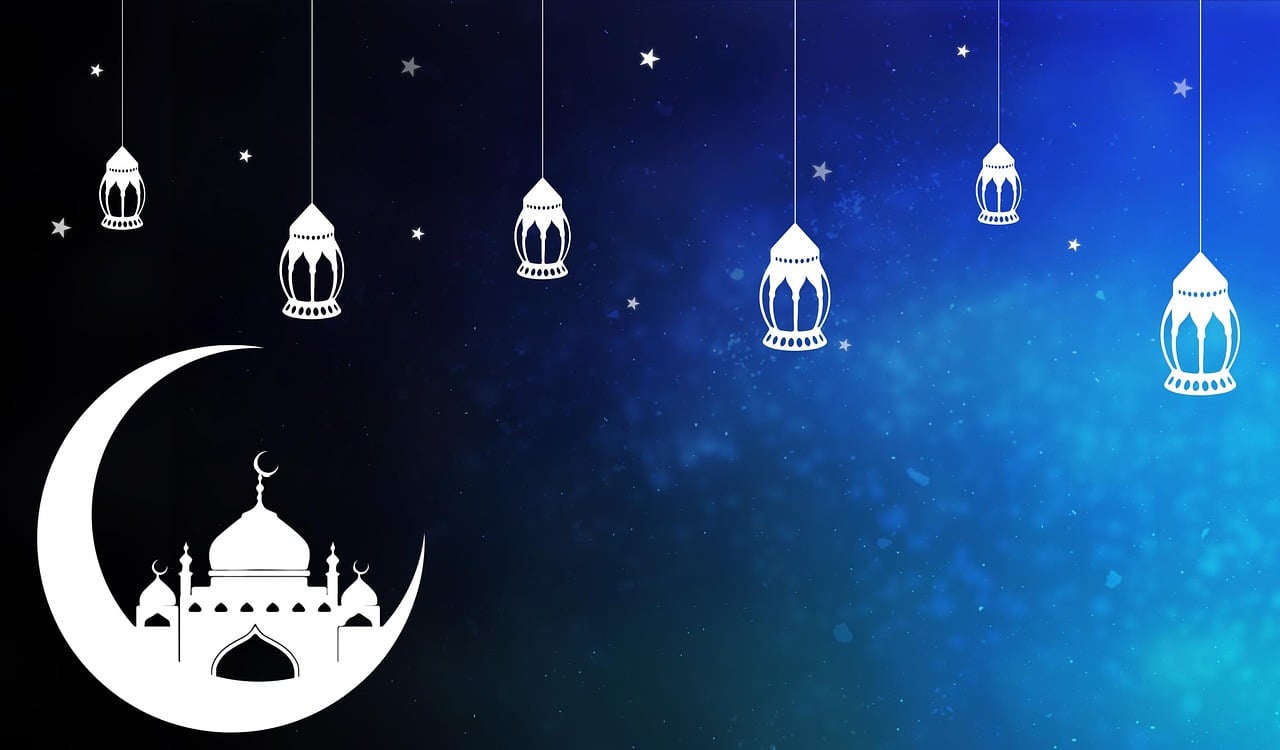Ramadan is the holy month of the Islamic calendar where the Holy Quran was revealed through Prophet Muhammad (Peace be Upon Him) for humanity. Ramadan is observed by Muslims worldwide, requiring them to focus on self-discipline, devotion to God, and spiritual reflection. But when is Ramadan? Ramadan’s timing depends on the Islamic lunar calendar, making it difficult to determine when compared to other religious events, holidays, etc.
This blog will cover everything there is to know about when is Ramadan, how it is determined, and why it is crucial to know the dates beforehand. Whether you are Muslim or someone interested in learning more about the holy month of Ramadan, read on to learn more.
Importance of Knowing When Ramadan Takes Place
Before learning when Ramadan occurs, it is essential to know when it occurs. Some vital reasons for knowing when Ramadan takes place are as follows:
- Ramadan is a time for devotion and spiritual reflection. Muslims must fast from the time the morning light fills the entire sky, known as “subh-e-saadiq,” to sunset, pray consistently, and carry out acts of charity. By knowing when Ramadan takes place, Muslims can prepare themselves spiritually and mentally to benefit from the holy month.
- Ramadan is not strictly about fasting but involves numerous cultural and social events, such as iftar gatherings, charity events, and special prayers. Knowing when Ramadan occurs, Muslims can plan and make the necessary arrangements to participate in said events.
- Muslims traveling during Ramadan should know the dates in advance, especially if they plan to visit a Muslim-majority country, since business and government institution timings may be affected.
- Depending on the region, Ramadan may be off for schools and some workplaces. Schools and workplaces may make special arrangements to accommodate Muslim students and employees if not for holidays.
Determining the Dates of Ramadan
Ramadan dates are based on the Islamic lunar calendar. The Islamic lunar calendar is 11 days shorter than the Gregorian calendar, meaning it occurs almost 11 days earlier every year, according to the Gregorian calendar.
The exact start of Ramadan depends on the new moon’s sighting. Muslim astronomers and scholars look for the new crescent moon beginning the month of Ramadan. If and when the moon is sighted, the new month starts the next day.
It is worth noting some Muslim communities utilize astronomical calculations to determine the start of Ramadan. This method involves using algorithms to predict the sighting of the new moon, thus providing an accurate prediction for the starting date of Ramadan.
On the flip side, some Muslim communities rely on local traditions and customs to determine the start of Ramadan. For instance, some Muslim communities in South Asia depend on the moon sighting from Saudi Arabia to determine the starting date of Ramadan.
What is the Islamic Lunar Calendar?
Muslims worldwide use the Islamic lunar calendar, which is based on the moon’s cycle and has 12 lunar months, each lasting 29 or 30 days, to determine religious events and observances.
The Islamic lunar calendar differs from the Gregorian calendar, a solar calendar commonly used commonly in the western world. The Gregorian calendar is based on the earth’s orbit around the sun, consisting of 12 months, each lasting 28 to 31 days.
The Islamic lunar calendar has been used since the time of Prophet Muhammad (Peace be Upon Him), who used it to determine the dates for religious events and observances. The first date of the Islamic lunar calendar is based on the migration from Mecca to Medina by Prophet Muhammad (Peace be Upon Him), which took place in the year 622 AD.
Since the Islamic calendar is based on the moon’s cycle, Eid, Hajj, and Ramadan dates vary yearly. Since the dates of religious events can vary, it is crucial to know the exact dates to avoid any problems.
Reasons for Regional Variations for Ramadan Dates
Since the month of Ramadan begins with the sighting of the new moon, its dates can vary in different regions. Depending on the weather, location, and other factors, the sighting of the moon will vary, which should explain why the starting dates for Ramadan can vary in different regions.
Geographic locations closer to the equator will have shorter fasting hours than those farther from the equator due to the difference in daylight hours. Also, some regions are influenced by cultural and political factors to determine the starting date for Ramadan. For instance, governments in some Muslim-majority countries will dictate Ramadan’s start and end dates to ensure uniformity throughout the country.
In conclusion, the starting and end date of Ramadan can vary from year to year and region to region. Understanding the Islamic lunar calendar and the reasons for regional variations is necessary. Most importantly, it is a month when Muslims can reconnect to deepen their connection with God. No matter the date, the month’s essence is to cherish Ramadan as a time of spiritual growth, compassion, and unity.


I learned a lot while reading the Quran and hadiths. Thank God❤️🙏
Your right
This is so useful I used to say what is ramdan I know we fast and read quranbut why it’s there so I needed to know thanks god